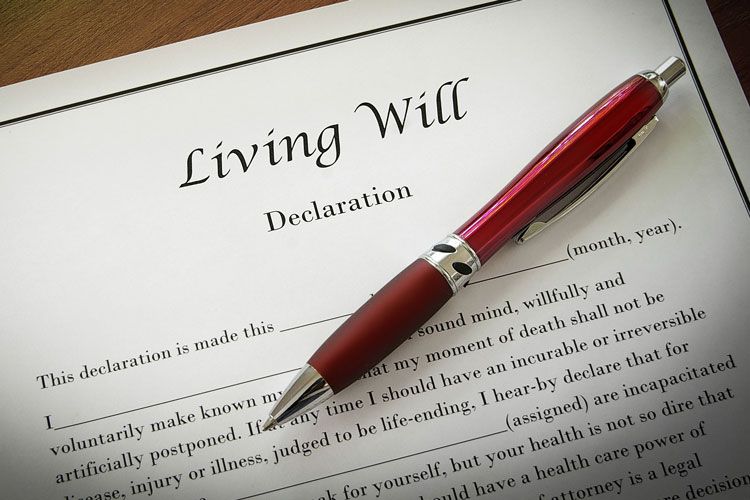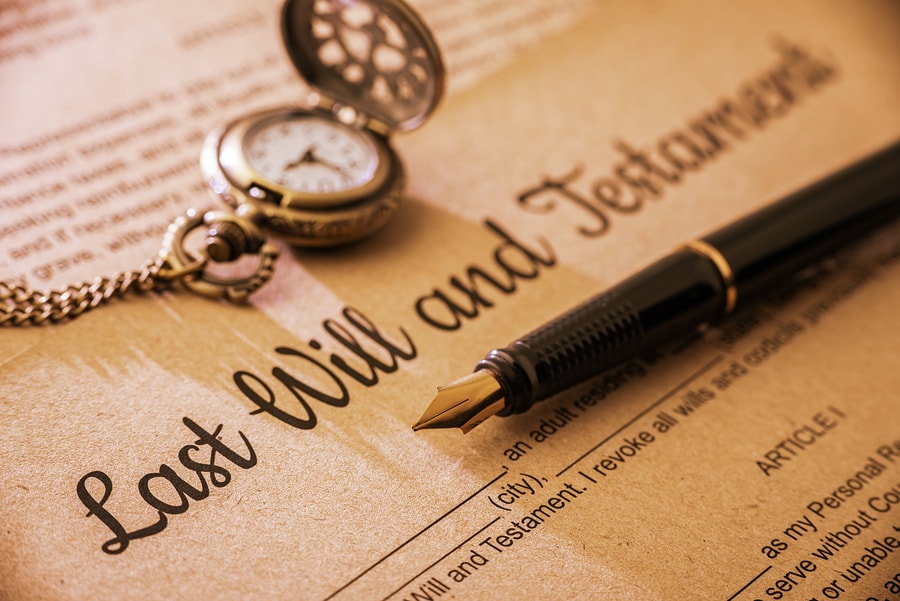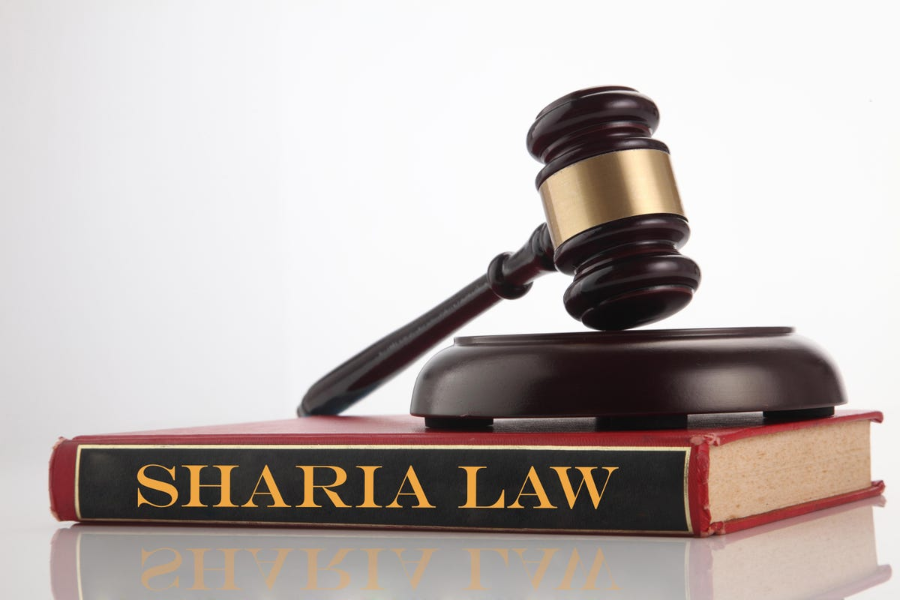The Denotation and Significance Of “Power of Attorney” For Property
Power of Attorney (POA) is basically a legalized written document. Through this document (POA) an individual gives the power to someone, to make decisions regarding their property or properties, on their behalf. This can be more clearly understood through an instance that, if you are away for some time, (that someone) beholding the power (attorney), by your consent, will be legally authorized to take decisions. These decisions could involve, banking matters, investment decisions or real estate verdicts. So, precisely that someone, is your” attorney” given the power by you. In place of you, he can take all the property related decisions. The only act, he will not be eligible to do will be to write or take decisions for your “Will”. For your will, no one else is eligible to sign or be authorized for. Your attorney can be anyone you like, your spouse, any relative, parent or even a close friend.
Power of attorney refers to the legal authorization given to the designated person, to act for someone else (given power). However, it is for the owner to decide, if the attorney is eligible with general or limited powers.
Vital Takeaways for a POA
- A power of attorney is a legal document that gives one person the power to act for another person.
- The person who receives the authority is the agent or attorney-in-fact while the subject of the POA is the principal.
- The agent can have broad legal authority or limited authority to make decisions about the principal’s property, finances, or medical care.
- The POA is often used when the principal can’t be present to sign necessary legal documents for a financial transaction.
- A durable power of attorney remains in effect if the principal becomes ill or disabled and cannot act personally.
Naturally, a power of attorney will only be active or effective, as long as the principal is alive and capable of making decisions.
What Will be the Role of Attorney in Your Property?
The role of your attorney absolutely depends on the limit to power, you have given to them. It is important for you to understand that if you endow your attorney with general power, he/she will be legally allowed to take decisions for all your property and financial affairs. With general power you are legally allowing him/her to cover all your property and financial decisions. However, if you empower the attorney with specific power, he/she will be limited to take decisions according to the control. This means, you can limit the power to a small farm too, and rest taken care by you alone. It’s totally your wish, how much power you provide to the attorney, with regard to your property.
For you, it is very important to mention the actions, you are allowing your attorney to take and till what time. Most of the times, people choose to appoint an attorney for their property, is when they have too many responsibilities or they are too old to take care of their properties. Appointing an attorney helps them to share their load and decision-making time. Hence, the attorney is supposed to be, someone you trust blindly.
Who is fundamentally eligible to Bestow the Power of Attorney?
Thereare some criterions on the basis of which the power of attorney can be handed over and an attorney can be appointed. These are the key essentials to be eligible to empower an attorney for your property;
| Eligibility Criteria (To Hire an Attorney) |
| 18 years of age or older, |
| Mentally stable |
| Should be aware of the property you own and its general value, |
| Have a thorough understanding of what it means to appoint an attorney, |
| Should know what authority you are giving your attorney, and |
| Should be financially stable |
| Make a condition so they cannot misuse the power |
Who is Eligible to Become an attorney for the Property?
There are some basics that needs to be potentially considered while choosing an attorney for your property. The following criteria needs to be looked up on, while appointing a n attorney;
| Eligibility Criteria )To Become an Attorney) |
| Your attorney needs to be of 18 years or above |
| He/she should be mentally competent |
| Should have proper knowledge and understanding of financial matters and property, specifically |
| Someone you can trust blindly |
On top of all, an attorney for your property should be chosen based on your trust level. It is because they will be your substitute, to take any big property related decision in your absence. However, if you are unable to choose anyone amongst your family or friends, you can always choose any related organization to play as your attorney, while making decisions. Hence, the decision is completely yours, it is just you need to look for the eligibility criteria, trust, being the foremost important.
Lawful Power of Attorney for Property Requirements
Legally, a power of attorney is required to be in black in white (writing), followed by the signatures of at least two witnesses. There are certain people, who cannot legally become the witnesses, of which these are as follows;
- The attorney you wish to appoint
- Spouse, partner or family of the attorney
- Your own spouse or family
- Anyone aged under 18
As per the law of Ontario, Wills and Power of Attorney can be witnessed digitally too, which means, video technology can be used for witnessing signatures. But, in case of virtual witnessing, it is a must that one of the witnesses is a licensed Ontario lawyer or paralegal.
Legal Help and Preparation of the Document
Of course, the power of attorney is an extremely important document, which needs to be prepared carefully and professionally. This might cost a little more, but you need to remember that if your POA is not drafted accurately, it can be null or void at some point. Hence, it is always recommended to get your POA or Will drafted under strict professional supervision. You can always keep your lawyer by your side and get the procedure completed.





